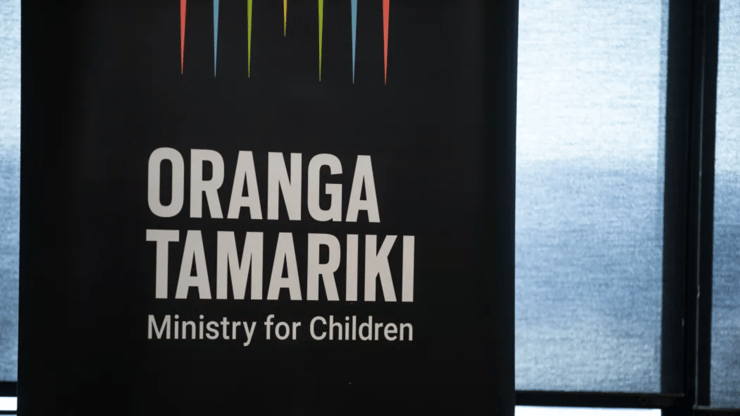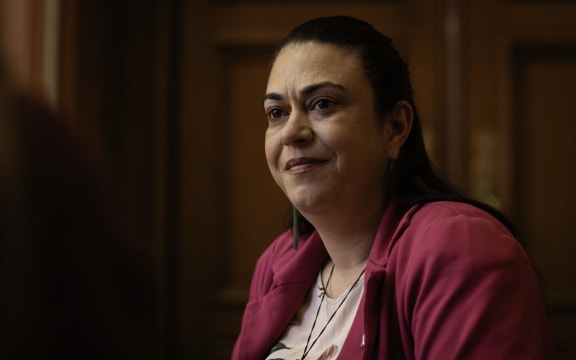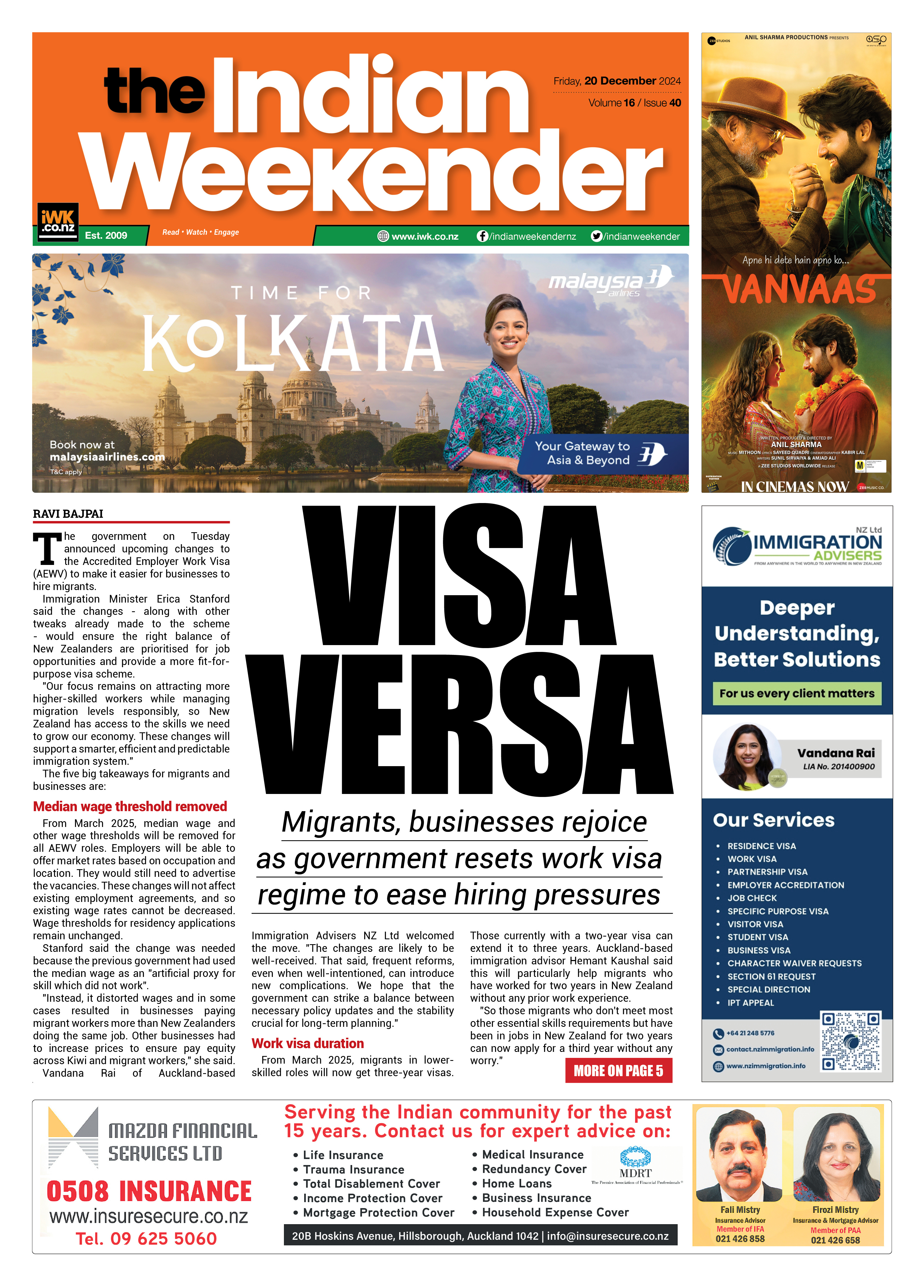Officials Advise Softer Is Better When It Comes To Boot Camps

The government's own advisers have told it the tougher its new boot camps are, the worse they will work.
A trial of the Young Offender Military Academies was due to begin by the middle of the year, run at one of Oranga Tamariki's youth justice facilities.
Critics have said they won't work to prevent re-offending, and both the Human Rights Commission and the Chief Children's Commissioner said they'd had no input, but did have major concerns.
And advice to Children's Minister Karen Chhour released under the Official Information Act (OIA) showed officials also raised concerns.
"Traditional boot camp models of strict discipline are likely to be detrimental to young people with a history of abuse and family violence," said advice from prior to the announcement they were going ahead.
"Some boot camp approaches have an initial 'breaking down' phase that tends to be confrontational, which poses greater risk to those with such histories," said the advice which has now been released under the Official Information Act.
Softer was better, officials told the Minister.
"As more serious offenders in the New Zealand youth justice system are likely to have experienced at least two 'traumatic events', therapeutic components, trauma-informed approaches, and increased support during the initial phase of any proposed programme, are recommended."
The advisors emphasised not all boot camps were the same and the military approach and "scared straight" type were among those that did not work.
"International evidence has shown that 'boot camps', in and of themselves, are one of the least effective interventions when it comes to reducing offending and antisocial behaviour," said the main briefing to Chhour.
"Boot camps with a primary focus on rehabilitation, were significantly more effective than other types of boot camp... therefore, it seems likely that a military regime itself is not effective in reducing recidivism."
Badly designed, they could erode human rights such as freedom of movement or of association or of freedom of expression, the advice said.
The OIA boot camp papers were heavily blanked out, on the grounds of keeping advice to Ministers confidential, making it impossible to know what officials fully argued or ultimately recommended.
Minister 'disagrees' with advice
Karen Chhour rejected the advice the boot camps could be detrimental. "It's advice, I can disagree with advice," she told RNZ.
She said she'd spoken to many people who had been through Blue Light and military-style programmes and was consulting with iwi.
"So everybody has opinions. And what I'm saying is we can't afford to not do anything, because what's more detrimental for these young people is to have them going into these youth justice facilities without any rehabilitation, coming out and ending up in adult prison because we haven't given them the care that they need."

Children's Minister Karen Chhour. Photo: RNZ / Angus Dreaver
The government was walking a difficult line between needing to look tough, and playing up the rehabilitation side.
Chhour said she was focused on the "difference" this time - after previous failed attempts at boot camps - and that would mean lots of follow-up support when young people get out.
She confirmed the camps, aimed at the worst young criminals who numbered about 400 in 2022, were part of the Prime Minister's new target to cut serious youth offending by 15 percent.
Chhour said Oranga Tamariki staff were being trained and the youth justice residencies, which have come under heavy criticism previously, could "be the right place for the full-fledged thing. Once the law changes, then we can consider what to do from there".
"I have every faith that Oranga Tamariki knows exactly what I expect of them. We have set down priorities. We have set down what we want to see happen."
Defence and Police would be the other main government agencies involved and were "enthusiastic", Chhour said.
Neither would comment to on whether the boot camps would drain their already tight resources.
A January briefing said "there will be a particular impact on the NZDF if its personnel are to be involved".
Human Rights and Children's Commissioner concerns
The Human Rights Commission said it "has serious concerns about the way in which key human rights and te Tiriti o Waitangi issues raised by officials appear to have been disregarded by the Minister".
The Royal Commission looking at abuse had shown "these types of punitive institutions have had a propensity to cause harm for children and young people," the HRC said.
And they were contrary to recommendations from the UN Committee on the Rights of the Child and Committee Against Torture, which last year encouraged the government to address youth justice issues through non-custodial measures.
Chief Children's Commissioner Dr Claire Achmad expected to meet Oranga Tamariki this coming week to find out more.
"The Minister for Children has said the approach will involve rehabilitative, trauma informed care. I agree these are crucial components for any youth justice response, alongside a number of other considerations from a rights perspective. I remain ready to provide independent advice to government."





